Filter by
The language used throughout the course, in both instruction and assessments.
745 results for "automation"
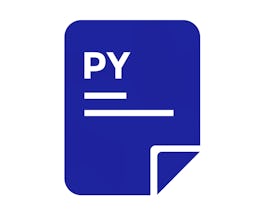
LearnQuest
Skills you'll gain: Computer Programming, Python Programming, DevOps, Devops Tools
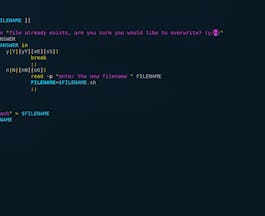
Coursera Project Network
Skills you'll gain: Computer Programming
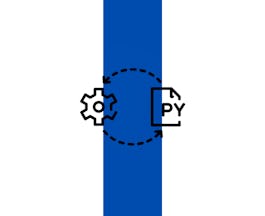
Skills you'll gain: Computer Programming, Python Programming
 Status: Free
Status: FreeYonsei University
Skills you'll gain: Computer Networking, Computer Security Models, Network Architecture, Network Model, Network Security, Network Analysis, Networking Hardware, System Security, Communication, Mobile Security
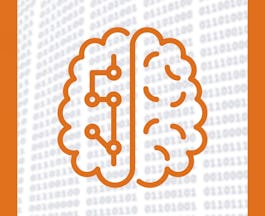
University of Virginia
Skills you'll gain: Digital Marketing, Marketing, Algorithms, Customer Relationship Management, Market Analysis, Strategy, Leadership and Management, Machine Learning, Machine Learning Algorithms, Strategy and Operations
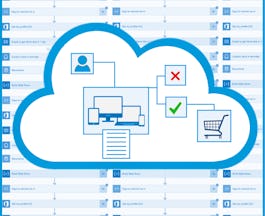
Coursera Project Network
 Status: Free
Status: FreeUNSW Sydney (The University of New South Wales)
Skills you'll gain: Leadership and Management, Problem Solving, Research and Design, Strategy, Business Transformation, Change Management, Critical Thinking, Design and Product, Human Learning, Interactive Design
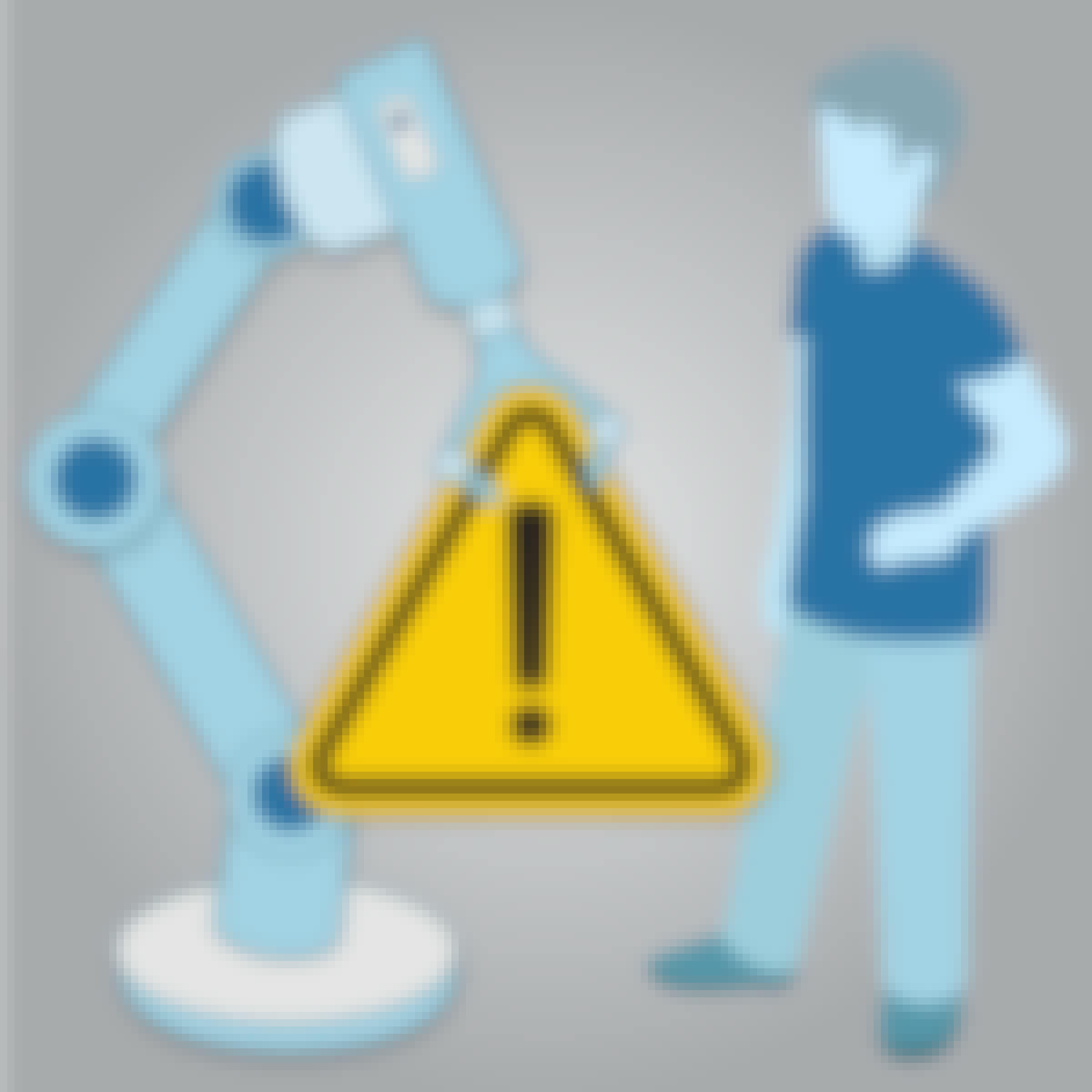
University at Buffalo

Coursera Project Network

University of Minnesota
Skills you'll gain: Software Testing, Mobile Development Tools, Web Development, Android Development, HTML and CSS, Mobile Development, Other Web Frameworks, Web Development Tools, iOS Development

Coursera Project Network
Skills you'll gain: Cloud Computing, DevOps, Docker (Software)

University of Colorado Boulder
In summary, here are 10 of our most popular automation courses
- DevOps and Build Automation with Python: LearnQuest
- Automation Scripts Using Bash: Coursera Project Network
- Automatiza las tareas de ciberseguridad con Python: Google
- Introduction to TCP/IP: Yonsei University
- Artificial Intelligence in Marketing: University of Virginia
- Automate Equipment Ordering Prep Process with Power Automate: Coursera Project Network
- Designing the Future of Work: UNSW Sydney (The University of New South Wales)
- Collaborative Robot Safety: Design & Deployment: University at Buffalo
- Introducing Cellular Automata: Coursera Project Network
- Web and Mobile Testing with Selenium: University of Minnesota










